Oral Historian Aanchal Malhotra Recommends 20 Books On Partition You Must Read
The Independence Years Special
Oral historian, multimedia artist and author Aanchal Malhotra’s work includes her first book, Remnants of a Separation: A History of the Partition through Material Memory (HarperCollins India, 2017), which is the story of the belongings refugees from either side of the border carried with them during partition in 1947. Malhotra is also the co-founder of the Museum of Material Memory, a ‘digital repository’ of material culture and memory from the Indian subcontinent. Much of her work also bridges the generation gap, bringing stories of an older generation and an important time in the subcontinent’s shared history to a younger audience. Malhotra is working on her second book and lives in Delhi.
Here are 20 books on the Partition in 1947 that make it to Malhotra’s reading list:
1. This Is Not That Dawn – Yashpal
Translated from the Hindi by Anand
Written originally in Hindi as ‘Jootha Sach’, this is arguably one of the most comprehensive novels about the Partition. Set in Lahore, it chronicles the lives of the residents of the Walled City before, during and after the Divide.
2. The Great Partition – Yasmin Khan
In this seminal work of non-fiction, Yasmin Khan examines the context, execution, and aftermath of Partition, weaving together local politics and ordinary lives with the larger political forces at play.
3. Freedom at Midnight: The Epic Drama for India’s Struggle for Independence – Dominique Lapierre and Larry Collins
An almost total recall of the negotiations that led up to that historic Midnight, using primary as well as secondary sources to an exhaustive degree. This book is of particular interest as it chronicles independence through the use of multiple character-sketches of the political personalities involved, as well as the layman their actions affected.
4. Partition Voices: Untold British Stories – Kavita Puri
Stemming from the author’s family’s experiences, it records a difficult and dual migration – first, of refugees fleeing across the Radcliffe Line, and then farther, across the tumultuous dark waters to Britain. Upon arrival, the first generation of South Asians, men and women who had lived under the Raj, now fought to live alongside it.
5. Jinnah – India, Partition, Independence – Jaswant Singh
A vastly controversial book written on Pakistan’s founding father by Jaswant Singh, a former Finance Minister and External Affairs Minister of India, caused him to be expelled by the BJP. However, in this book, Singh sets out to provide clarity on some of the unanswered questions about Partition, tracing the complex arch of Quaid-e-Azam’s character from being an ambassador of Hindu-Muslim unity to the demand for a separate, Muslim state.
Fifteen of the recommended books from Malhotra’s personal collection
6. Punjab – Bloodied, Partitioned, Cleansed – Prof. Ishtiaq Ahmed
Professor Ahmed traverses his way through Undivided Punjab, conducting first-hand interviews with members of various communities and religion, compiling what is, without a doubt, one of the most detailed case studies of Partition and Punjab. A must-read for all looking to understand the highly nuanced, region-specific events that led to the Divide.
7. Since 1947: Narratives among Punjabi Migrants in Delhi – Ravinder Kaur
Written after rigorous field research in and around Delhi, the book delves specifically into the Partition experiences of Punjabi Hindu refugees and the coping strategies employed when forced to leave their homes in 1947, culminating in the formation of a new identification process. In some ways, the book can also be described as a character graph of the evolution of the Capital city of New Delhi post Partition.
8. Unbordered Memories: Sindhi Stories of Partition – Rita Kothari
The loss of land and home remains constant in all those affected by Partition, but none perhaps as absolutely as the Hindu Sindhi, for whom, the entirety of Sindh remained in Pakistan. In this book, we witness Sindhis from both India and Pakistan making imaginative entries in each other’s worlds. Many stories testify to the empathy shared by both the Hindu and Muslim Sindhis for the plight of each other, illuminating how the Sindhi identity was far greater than any conforming to any religious group. Rita Kothari is also particularly well known for her work on Partition, language and the vocabulary of division.
9. Pakistan, or the Partition of India – Dr. B.R Ambedkar
In this work, first published in 1940, Ambedkar analyses the possible reasons in favour of and against partition. As with much of his other work, he relies not on appeals to emotion, but on statistics and reason, examining the Muslim case for Pakistan, the Hindu case against Pakistan, the possible Muslim and Hindu alternatives to Pakistan, and then proceeds to provide a conclusion of his beliefs.
Oral historian and author Aanchal Malhotra
10. Midnight’s Children – Salman Rushdie
A literary masterpiece about a group of children born at the stroke of midnight on August 15, 1947 – the very moment of India’s independence – their lives inseparable, at times indistinguishable, from the history of their country.
11. A Bend in the Ganges – Manohar Malgonkar
A vivid portrait of life in British India from the 1930s until Partition in 1947. Malgonkar’s novel takes us through the struggle for freedom and employment of force and violence, through the lives of his protagonists Gian Talwar, Debi-Dayal and Shafi Usman, three ordinary men from different cultural backgrounds.
12. Footprints of Partition: Narratives of Four Generations of Pakistanis and Indians and Between the Great Divide: A Journey into Pakistan Administered Kashmir – Anam Zakaria
Zakaria’s first book, Footprints of Partition, is a compilation of her fieldwork and research as an oral historian, recording how memories of Partition can also be considered generational, and how our yearning for home can be translated into children and grandchildren of Partition displaced families.
Her second book, Between the Great Divide, is a brave and unique endeavour as the award-winning Pakistani writer travels through Pakistan Administered Kashmir to hear the voices of its people. She talks to women and children living near the Line of Control, bearing the brunt of ceasefire violations; journalists and writers braving all odds to document events in remote areas; political and military representatives championing the cause of Kashmir; former militants still committed to the cause; nationalists struggling for a united independent Kashmir; and refugees yearning to reunite with their families on the other side.
13. The Spoils of Partition: Bengal and India, 1947–1967 – Joya Chatterjee
Using compelling sources, the book shows how and why the borders were redrawn, how the creation of new nation-states led to unprecedented upheavals, massive shifts in population and wholly unexpected transformations of the political landscape in both Bengal and India.
14. Borders & Boundaries – Ritu Menon and Kamla Bhasin
While there are plenty of official accounts of Partition, there are few social histories and fewer feminist histories. ‘Borders and Boundaries‘ changes that, providing first-hand accounts and memoirs, juxtaposed alongside official government accounts. The authors make women not only visible but central. They explore what country, nation, and religious identity meant for women, and they address the question of the nation-state and the gendering of citizenship. Written after considerable fieldwork and interviews with Partition survivors, wards of the state, social workers and women who were abducted during the Divide.
15. Kitne Pakistan? (How many Pakistans?) Hindi – Kamleshwar
In a fictional court, various historical characters are brought to the witness’s box and asked to narrate their version of history. These historical personalities range from Mughal emperors Babur and Aurangzeb, Spanish adventurer Hernando Cortez, Lord Mountbatten. Although it does not directly deal with the events of those days, the shadow of the Partition constantly hovers on it.
16. A time of Madness: A Memoir of Partition – Salman Rashid
During the chaos of partition in 1947, something dreadful happened in the city of Jalandhar in Punjab. After living in the shadow of his family’s tragedy for decades, in 2008, Rashid made the journey back to his ancestral village to uncover the truth. A time of Madness is the story of what he discovered. It is a tale of unspeakable brutality but it is also a testament to the uniquely human traits of forgiveness, redemption and the resilience of the human spirit.
17. The Line of Control: Travelling with the Indian and Pakistani Armies – Happymon Jacob
This vividly told, fast-paced narrative brings the border area to life. Jacob was given unprecedented access by the Indian and Pakistani armies and he explores how the border is seen-both in the popular imagination and by those who exist in its shadow. He chronicles the lives of civilians and soldiers, their courage and resilience in the face of constant danger and the extraordinary similarities between the two sides.
18. The Kashmir Dispute: 1947-2012 (2 volumes) by AG Noorani
In this highly detailed book, Noorani traces the complex history of Kashmir and the political and social discontent and dissent surrounding it, particularly in response to the question of the accession of the state of Jammu and Kashmir to India in late 1947. It then delves into the intricacies of the Kashmir problem with a collection of the author’s articles published over the last five decades in various dailies, journals, and books, bringing to light many hitherto unknown or forgotten issues and facts relating to the troubled history of the state.
19. In Freedom’s Shade- Anis Kidwai
A personal memoir and an activist’s record of the nature of gendered and religious violence during the Partition of India and the subsequent murder of her husband at the hands of communal perpetrators. Written originally in Urdu as Azaadi Ki Chhaaon Mein.
Part novel, part memoir, part feminist anthem, A Gujarat Here, A Gujarat There is not only a powerful tale of Partition loss and dislocation but also charts the odyssey of a spirited young woman determined to build a new identity for herself on her own terms.
To know more about Aanchal Malhotra’s work, visit the following links:
http://www.museumofmaterialmemory.com/
https://www.instagram.com/aanch_m/
https://twitter.com/AanchalMalhotra
Every August, Silver Talkies shares work done on the theme; records memories and instances of humanity, fortitude and courage during the Independence Years — stories of life in a newly independent India; crossing over during Partition and stories of finding freedom.
Comments

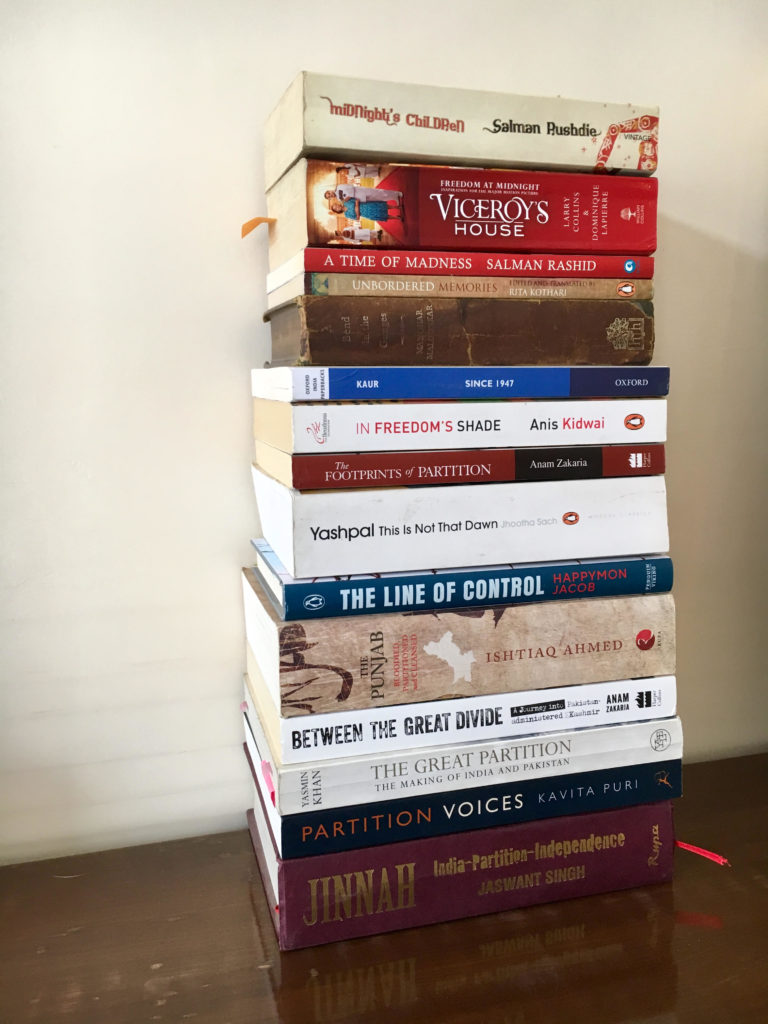



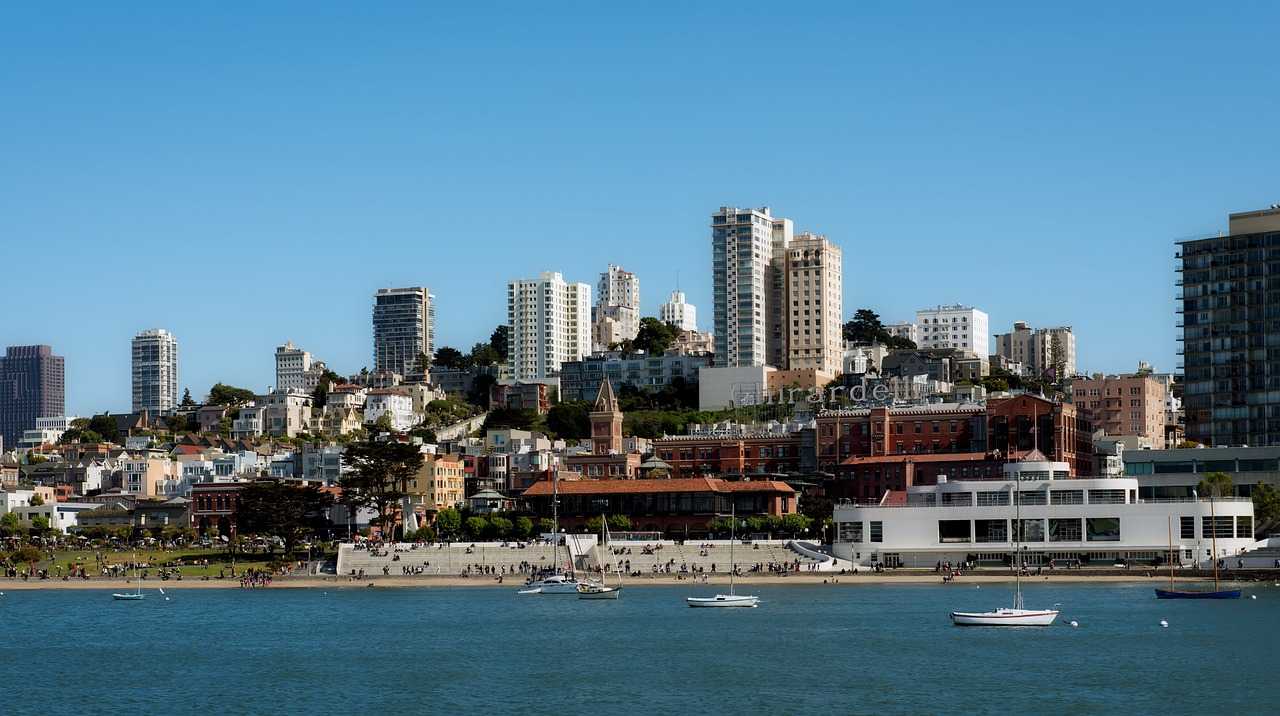
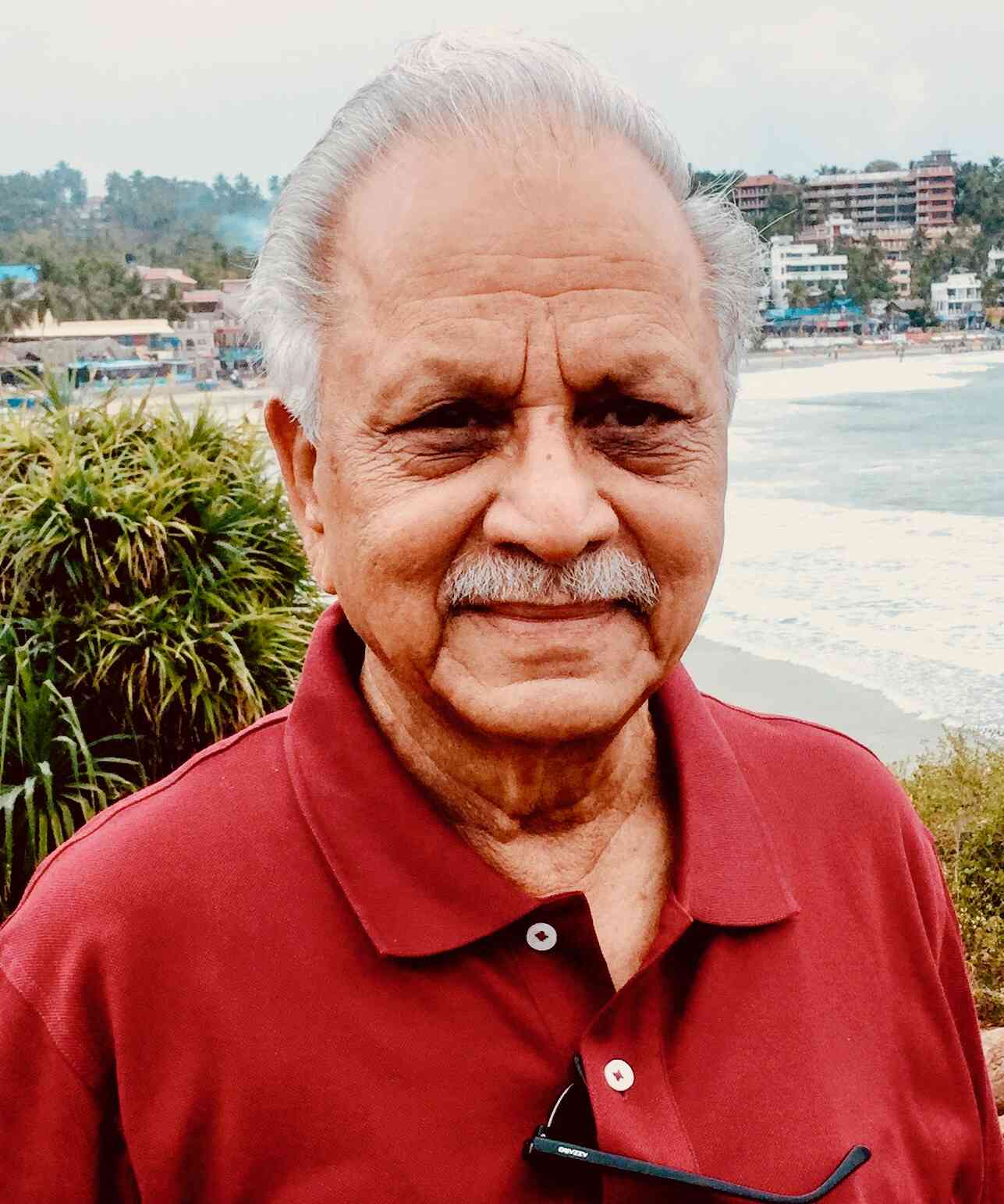
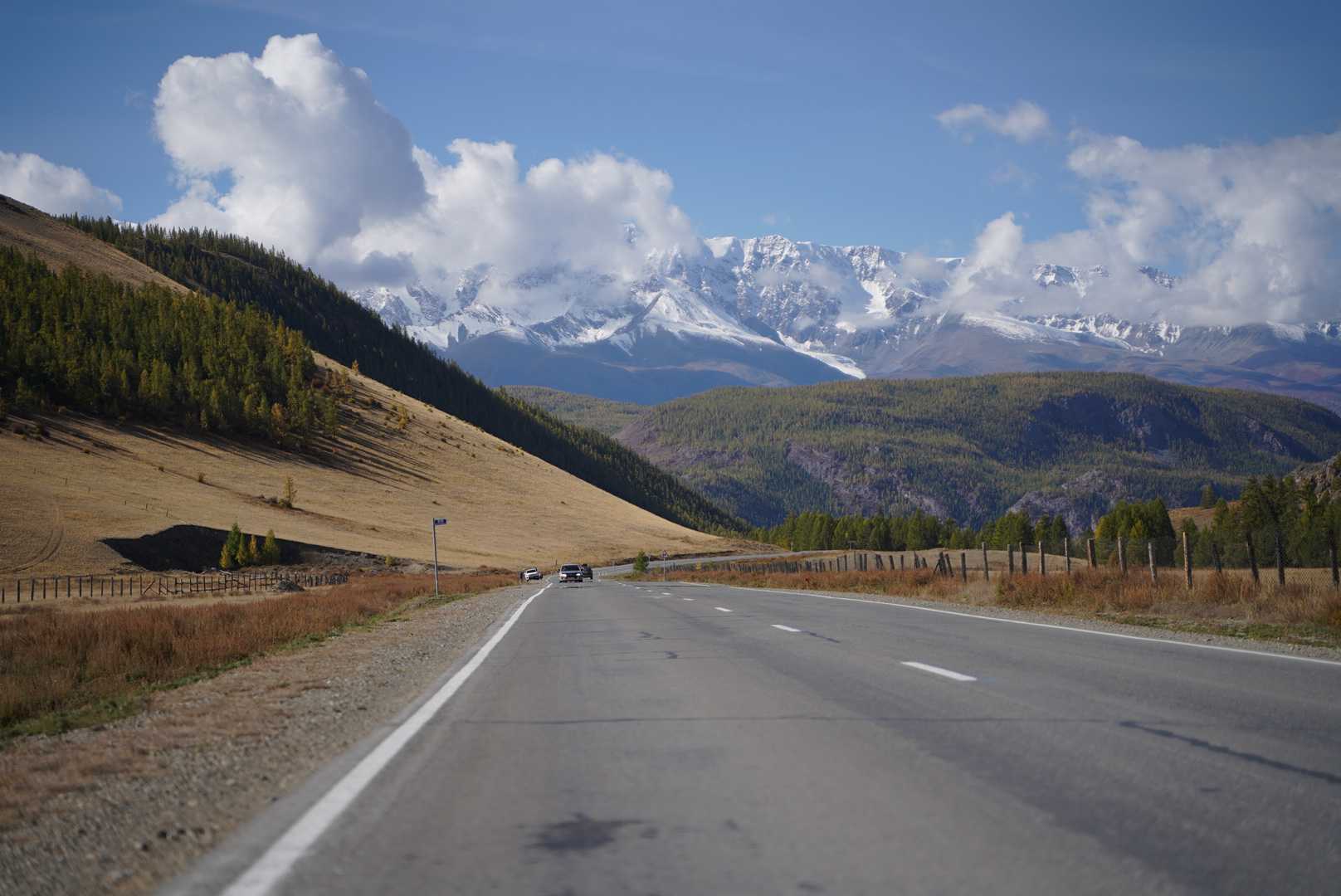
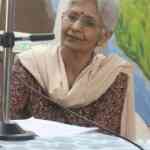
Post a comment